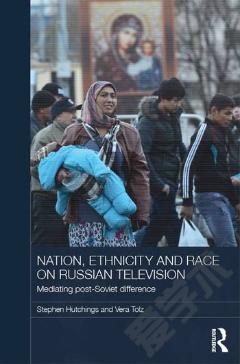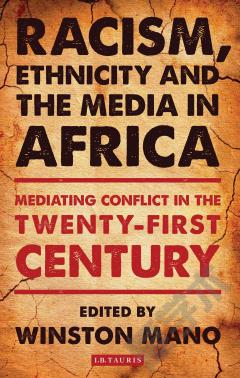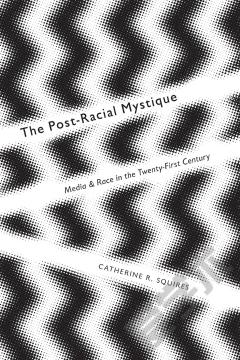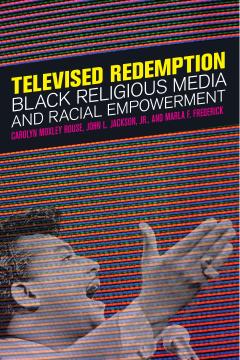Nation, Ethnicity And Race On Russian Television —— Mediating Post-Soviet Difference
----- 俄罗斯电视台的国家,种族和人种:中介苏联解体后的区别
Russia, one of the world's most ethno-culturally diverse countries, provides a rich case study on how globalisation and associated international trends are disrupting, and causing radical rethinking of approaches to, inter-ethnic cohesion. The book highlights the importance of television broadcasting in shaping national discourse and the place of ethno-cultural diversity within it, arguing that television’s role has been reinforced, rather than diminished, by the rise of new media technologies. Throughout, the book shows how difficult it is for Russia to strike the right balance given its Soviet legacy, weak civil society, extremely large native Muslim population, and state aligned media.
{{comment.content}}








 京公网安备 11010802027623号
京公网安备 11010802027623号